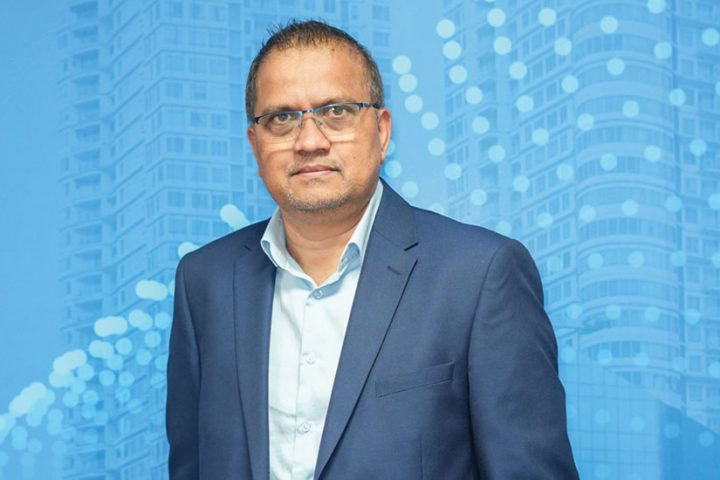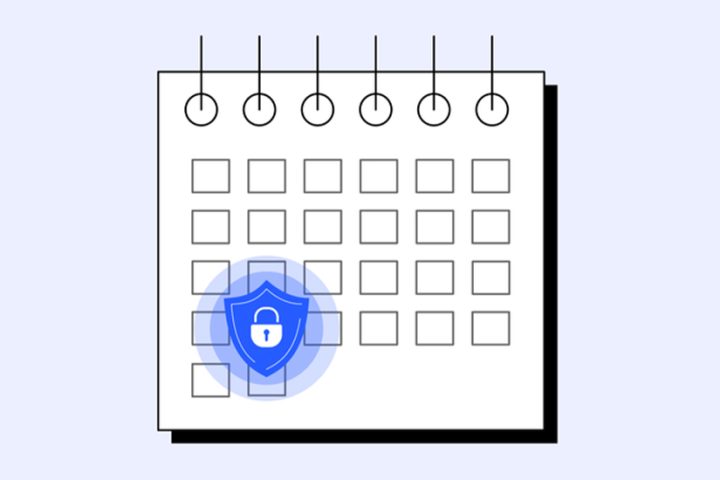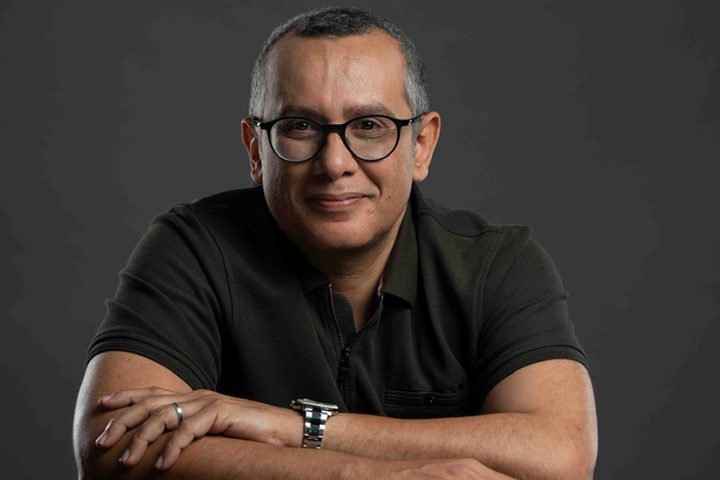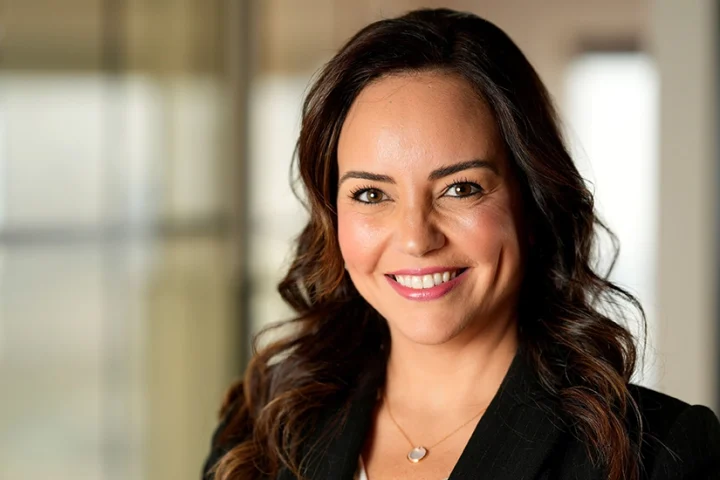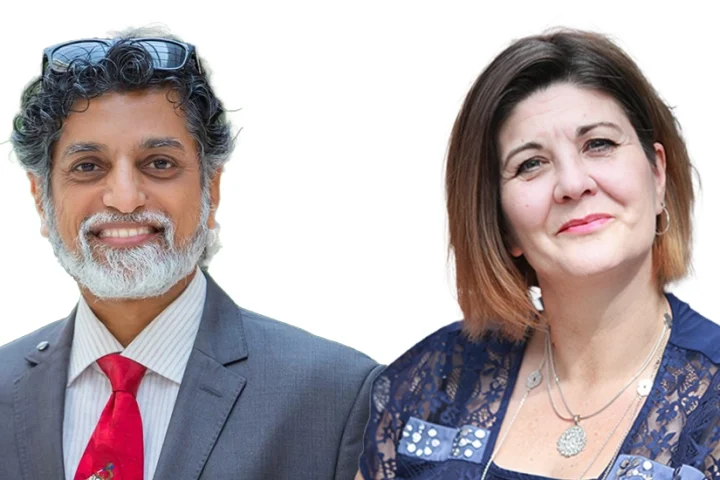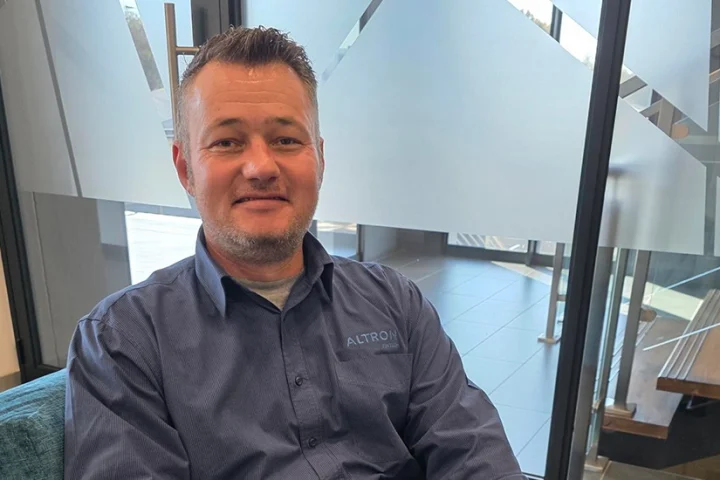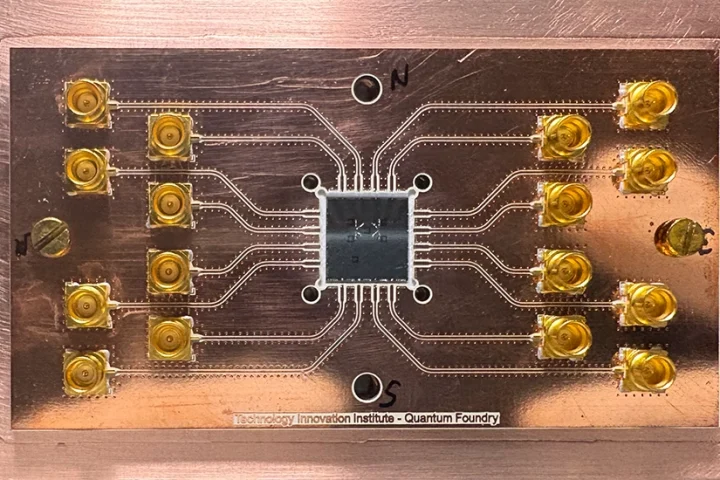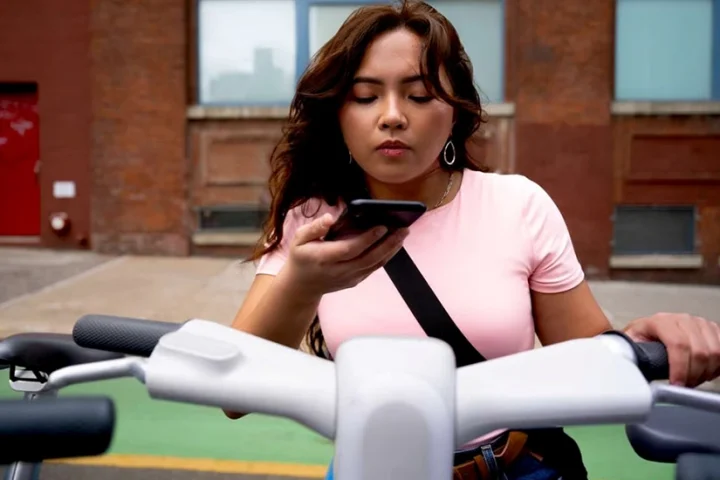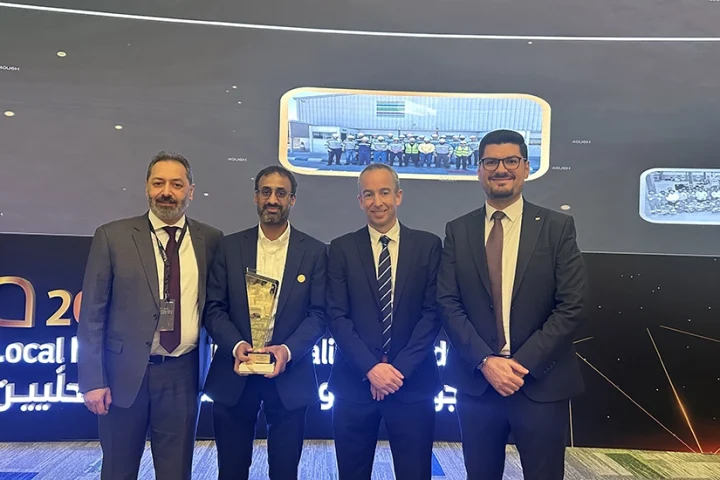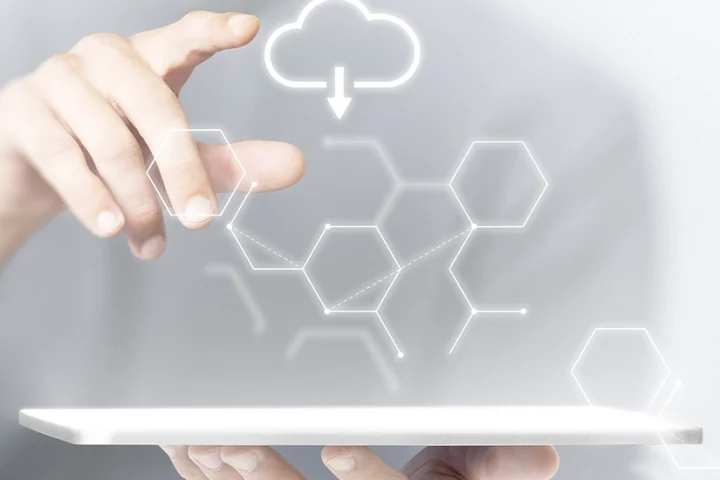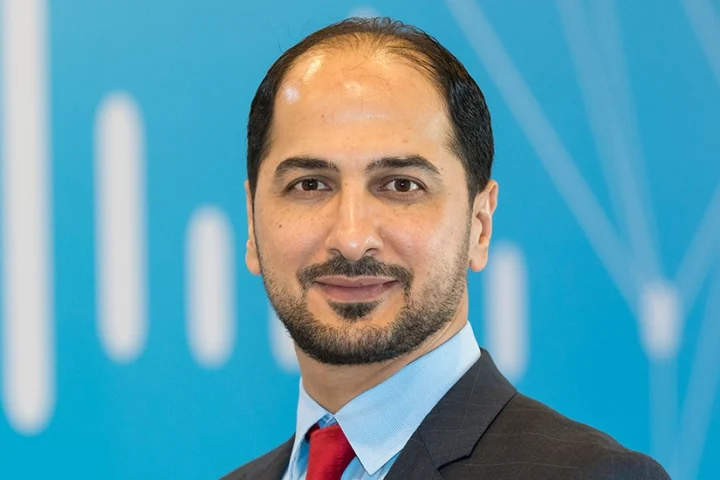Kevin Coggins, Vice President of the Strategic Innovation Group, Cyber and Engineering, Booz Allen Hamilton, is an expert in position navigation timings, GPS and resilient systems. Coggins explains to GEC Media Group’s Arun Shankar, that in today’s modern digital world everything needs GPS. One of the most important function of GPS is that it provides a standardised time signal, into whichever network its information is received.
Timing is the most critical element for modern society, since everything is synchronised around a standard time signal. We would not be able to communicate on the Internet or 4G or 5G network without GPS, Coggins points out, since it is the GPS signal that delivers the time synchronisation. And the number one element is the time stamp. So many things are dependent on receiving accurate time. If there is loss of time or degradation of time you can have pretty severe effects, he says.
GPS is also the most overlooked technology we depend on. If there are more than one time signals from GPS or PNT within the same network it will stop functioning. Or if two networks have different time signals then they cannot work with each other and you have disruption. If the date is changed you can bring down emergency systems or if systems do not have PNT they will choke the same way, says Coggins.
The GPS receiver is the equivalent of a computer, and its antenna is the equivalent of an Ethernet connection. The GPS receiver can be taken over by an overriding signal, whether malicious, accidental or non-intentional. There is very little protection for the GPS receiver and anyone can generate their own signal and jam it, says Coggins. The GPS receiver gives an input of time and allows network synchronisation for modern communication. Using three to four satellites, the GPS device can accurately determine its own position.
For Coggins, he makes sure his customer systems are resilient and can recover from such a contingency. We address their dependencies on GPS and PNT and make sure they are always going to work, when they need to work, he says.
The usage of GPS is a very high percentage of a nation’s GDP, and yet we continue to implicitly trust GPS. Systems can become resilient either by involving a human or through automation. If it is a human, you will trust the human to make the right decision based on the right information.
In an automated system it becomes difficult, how do I trust and what do you trust. If you have two PNT systems, that you can afford, you can compare and decide which one to trust. Anything you do in automation you are going to have a machine make a decision based on information. And, you need to have some degree of trust in that information rather than blind trust.


